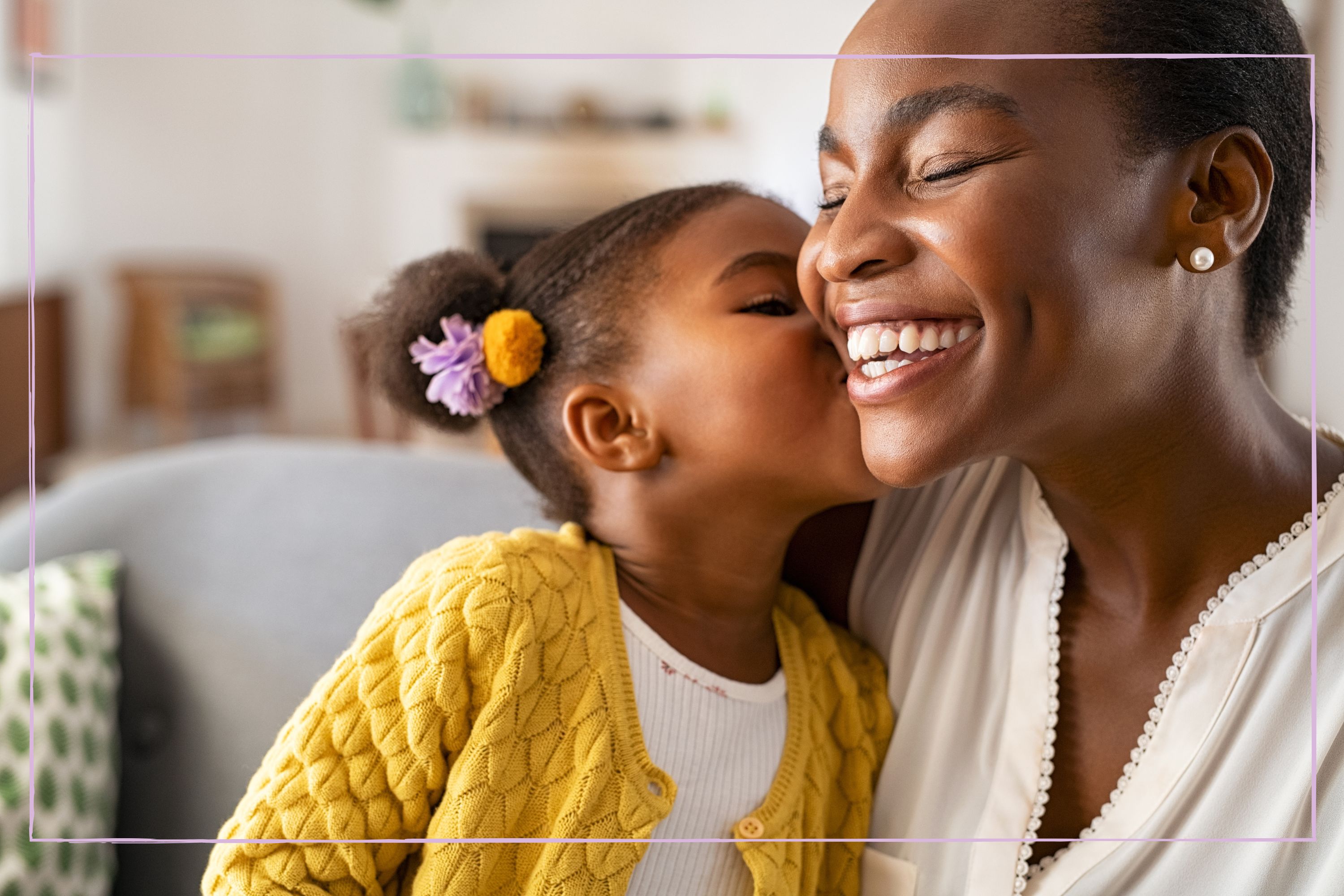Worried your child seems ungrateful? It's normal, says parenting expert - but here's how you can help them develop gratitude as they grow
"You can't teach children to have gratitude", the expert says - but here's how you can encourage it...


If you're struggling with teaching and explaining the concept of gratitude to your kids, two parenting experts have shared how you can help them foster the skill.
We all want to raise polite and grateful kids, which is why teaching emotional intelligence is important. But it's not easy - gratitude is not a tangible thing, which means it can be a difficult concept for young children to grasp. Encouraging them to engage with a gratitude journal might help but, much like one parenting expert claims kids learn nothing from being told to say 'sorry', telling your child to say 'thank you' isn't always the most effective way to teach gratitude.
If you're feeling at a loss for how to foster this important trait in your children, don't worry. There's a surprisingly simple tactic you can use to help kids grasp the concept. Parenting author and educator Maggie Dent and fellow parenting expert Dr Vanessa Lapointe shared their views on teaching kids gratitude, plus a simple tip to help parents out.
"Sometimes our expectations are far too high for our young children," Maggie started by saying. She went on to explain that her tip for fostering gratitude in children is to model it to them. This means actively practising gratitude yourself, so that your child will see it, learn from it, and hopefully start exhibiting it in their own behaviour.
Dr Vanessa elaborated "You cannot teach a child to have gratitude. Instead, you give the child the experience of being marinated in a field of gratitude that you - as their big person - have created for them."
A post shared by Dr. Vanessa Lapointe
A photo posted by dr.vanessalapointe on
And if you're worried that your child never seems to notice when someone has done a good thing for them, don't worry, because this is totally normal. Dr Vanessa went on to say, "[Children] are meant to be egocentric by design until their teen years. And so it has to be all about them in order for them to find their own way."
She added, "Rather than making our children wrong for having the 'greedy gimmies' and appearing so selfish, we really ought to just honour who they are as little humans and come alongside that. And that for sure will grow up a little person into a big person that's got a heart full of gratitude and thankfulness."
Parenting advice, hot topics, best buys and family finance tips delivered straight to your inbox.
The helpful video was posted to Dr Vanessa's Instagram, where her followers were quick to praise the tip. Sharing their own experience, one follower commented, "One of my biggest shifts in parenting happened when I realized my children are like a mirror. What I see in them is most often what they are learning from me."
Another said, "I needed to be reminded of this today, my son is only 6".
In other news, here's how to help your child use their voice, and these are the six signs your kid has 'high emotional intelligence'. Elsewhere, there are five reasons to let your kid fail, according to a teacher, and these are the eight types of play your kid needs to support their development.

Ellie is GoodtoKnow’s Family News Editor and covers all the latest trends in the parenting world - from relationship advice and baby names to wellbeing and self-care ideas for busy mums. Ellie is also an NCTJ-qualified journalist and has a distinction in MA Magazine Journalism from Nottingham Trent University and a first-class degree in Journalism from Cardiff University. Previously, Ellie has worked with BBC Good Food, The Big Issue, and the Nottingham Post, as well as freelancing as an arts and entertainment writer alongside her studies. When she’s not got her nose in a book, you’ll probably find Ellie jogging around her local park, indulging in an insta-worthy restaurant, or watching Netflix’s newest true crime documentary.